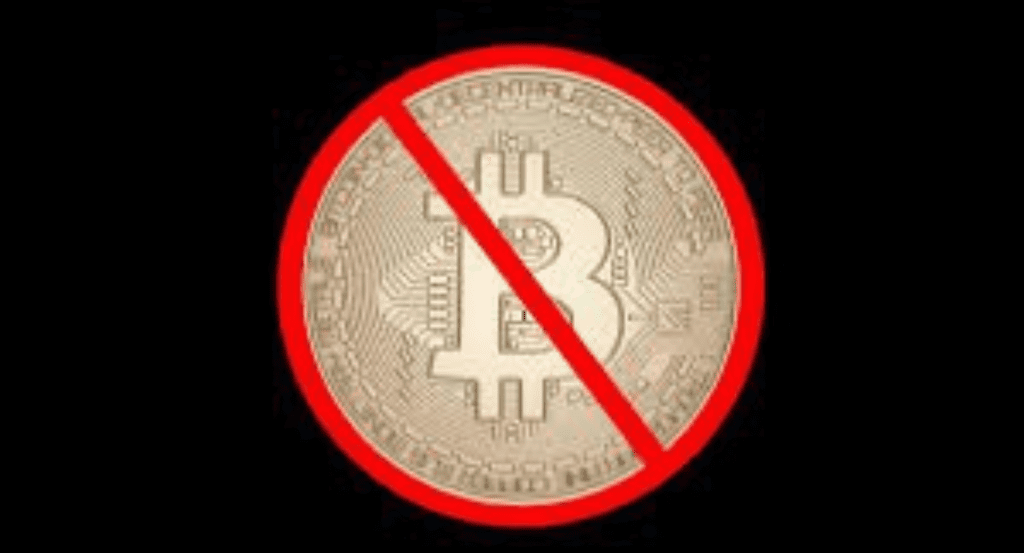In a move reflecting its cautious stance toward digital assets, Ghana has maintained its ban on cryptocurrency transactions while also issuing new regulatory guidelines. In July 2023, Dr. Mohammed Amin Adam, Ghana’s Minister of State at the Ministry of Finance, confirmed that financial institutions are prohibited from engaging in cryptocurrency-related transactions. The ongoing restriction is aimed at protecting consumers, ensuring financial stability, and preventing misuse of digital assets for financial crimes.
Despite this ban, Ghana’s central bank is exploring ways to incorporate blockchain technology responsibly within the country’s financial ecosystem. The Bank of Ghana recently published draft regulations for Virtual Asset Service Providers (VASPs), designed to address the emerging needs of the digital economy. These draft guidelines focus on establishing a framework for VASPs, which includes mandatory registration and stringent consumer protection standards. Commercial banks, however, remain restricted from any direct dealings with cryptocurrency transactions.
The draft regulations allow public feedback and focus on secure digital asset management, compliance with Know Your Customer (KYC) requirements, and alignment with financial crime prevention strategies. The Bank of Ghana’s approach aligns with other African nations, such as Kenya and South Africa, which are also developing frameworks to manage and regulate the growing influence of digital assets on the continent.
The central bank has emphasized that this dual approach—banning crypto transactions while refining regulatory oversight—supports the country’s goal of cautious digital finance adoption. Through these measures, Ghana aims to leverage blockchain’s potential for financial inclusion while mitigating risks associated with unregulated digital currencies like Bitcoin and Ethereum.




















